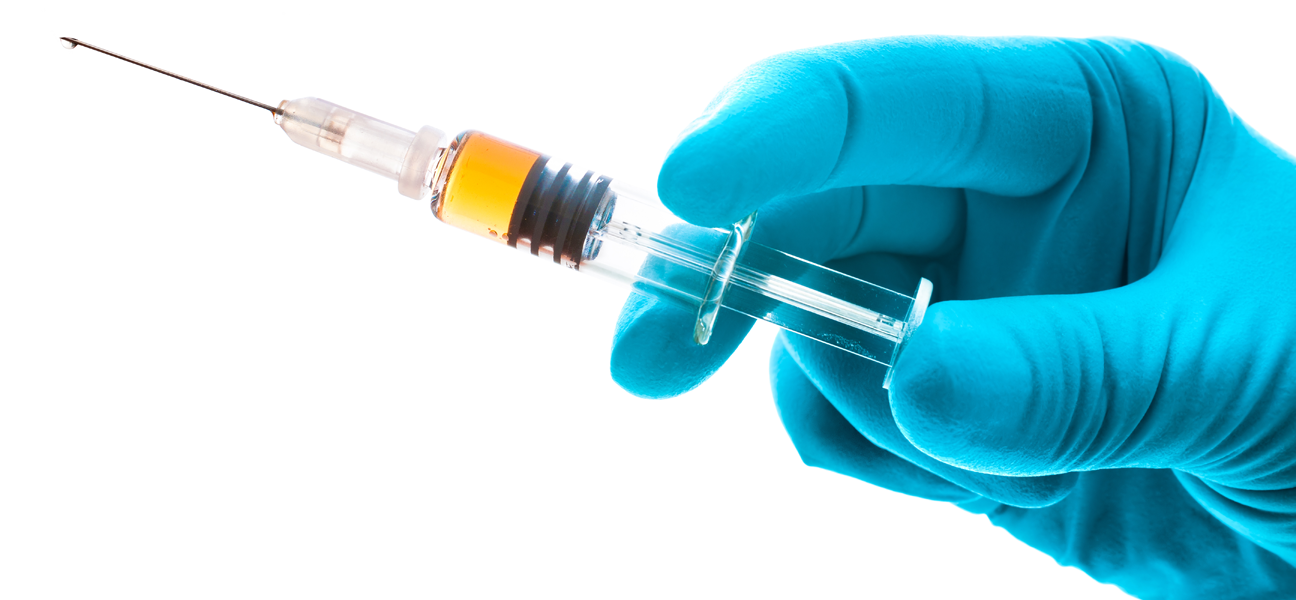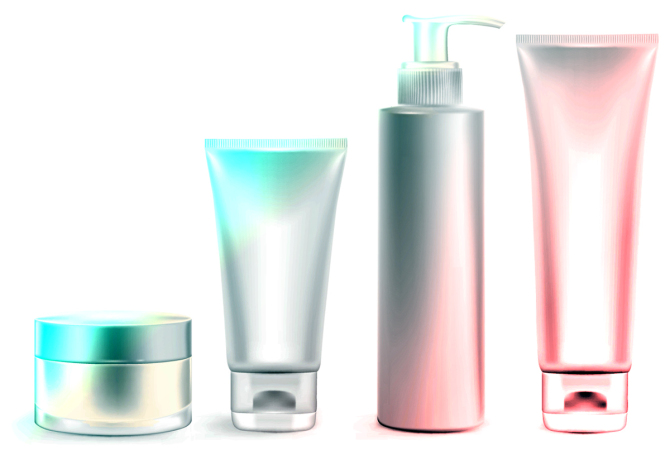HPV Vaccination
Have you considered being vaccinated against cervical cancer? Doctors recommend a three-dose immunization for both young girls and boys, but if you have yet to be vaccinated, doctors recommend it for females as old as 26 and males between 11 and 26 years of age. Initially intended for adolescents before they become sexually active, this vaccination is also effective if you are currently sexually active.
HPV infection is the most common STD in both men and women. Some infections can lead to cervical cancer in women. Vaccinations work to prevent infections but do not eliminate preexisting infections. Immunizing to protect oneself before being exposed to HPV is the most effective prevention. Gardasil, specifically, helps prevent genital warts, throat cancer, and anal cancer in males. Reducing the risk of HPV exposure in men also decreases the probability of cervical cancer and other HPV infections in women.
Even after being vaccinated, however, women should still be screened periodically for cervical cancer. HPV vaccination protects against some, but not all, strains of HPV that cause cancer. Both HPV vaccinations, Gardasil and Cervarix, have been approved by the FDA (Federal Drug Administration) and the CDC (Centers for Disease Control and Prevention). Researchers studied their effects on thousands of cases worldwide. Although safe for women and men, HPV vaccinations are not meant for everyone. Pregnant women can have high-risk side effects, as do women taking birth control pills or smoking. Fainting is also common, which is why doctors recommend that patients sit or lie down for 15 minutes after immunization.
If you are a student at UC Berkeley, the university insurance, SHIP, covers the entire cost of the vaccination. Without SHIP, HPV vaccinations will cost $160 at the Tang Center, although some insurance companies may cover the vaccine—partially or entirely. To sum the important aspects of HPV vaccinations:
- HPV vaccinations like Gardasil and Cervarix are intended for both females and males and can help prevent HPV-induced cervical cancer in females and HPV-caused genital warts in males.
- Vaccines are FDA- and CDC-approved. While intended for sexually inactive adolescents, HPV vaccines are strongly recommended for adults under 26—sexually active or inactive.
- Women should still test for cervical cancer after the vaccination, as not all HPV strains are targets.
Article by Hera Haryam
Feature Image Source: Market News Release
























